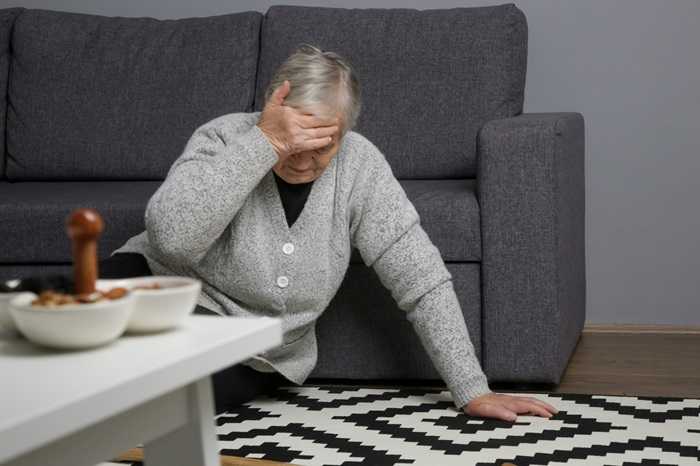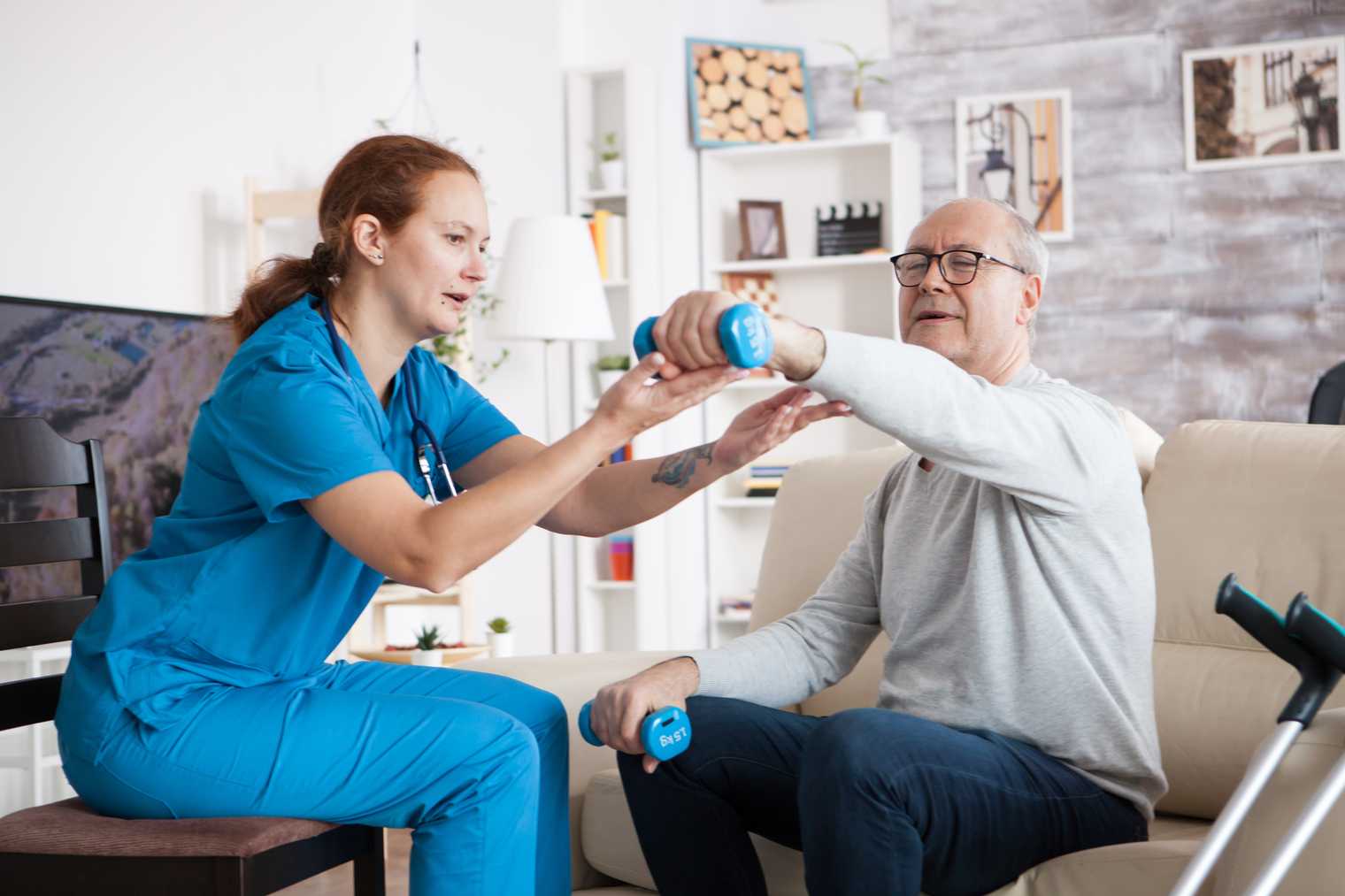

This page provides information and links to supportive resources that can help you identify whether care is needed either for yourself or someone you love.
Autumna is just at the end of the phone. Please contact us for free advice on finding care and living safely whenever you need to.

A deterioration in mental and physical abilities can go unnoticed when you see someone every day. Little changes like the odd fall, memory loss or mood swings can be brushed off but sometimes, these changes are clues that help is needed.
Seeing someone who may have been fit and healthy decline can be upsetting, especially if you're used to them being a source of support for you.
If you’re worried about someone you love, ask for help sooner rather than later.
The responsibility of taking on the care of someone else can be challenging and emotional and often, people feel out of their depth and struggle to know where to turn for advice.
Even with the best intentions of looking after an older family member or friend, not everyone will have the right facilities or experience to provide the specific care that may be needed.
For example, some elderly people will mobility issues require mechanical lifts or hydraulic lifts to assist in transferring them safely from one surface to another, while other older adults may need specialist care from a trained nurse.
People often worry that asking for advice about caring for an elderly relative or spouse will lead to their loved one having to move into a care home but that isn't always the case. Depending on the unique circumstances of the elderly adult, it may be perfectly possible for them to remain at home but receive support from a home care professional.

Find out what care might be needed for you or your loved one.
A GP (or local authority) can conduct a care needs assessment which will help you and the person who may need care determine the level of care needed now and whether it could increase in the future.
Check to see if there is a plan for future care in place, (sometimes this is called an advanced care plan).
It may be stored in a drawer or with other important documents. These plans can be made with the assistance of a GP, health worker or solicitor and they usually contain information about a person's preferences for their future care. If one is in place, it may provide some clarity about how the person who may need care wants to be looked after.
When people think of care, they usually imagine a care home with nursing, however, Autumna has access to over 26,000 care providers across the UK, including:
Care homes provide around-the-clock care, safety, security and - above all - new friends. The level of assistance varies between care home providers but usually, older adults who live in a care home require a moderate amount of personal care or very specific and attentive assistance such as dementia care.
Home care is sought by people who are fairly independent but need assistance with chores, maintaining their home and changing urostomy and colostomy pouches. Some people don’t want to move to a care home, so a home care professional can visit at agreed times to assist with daily tasks and mobility.
Live-in care is similar to home care but the biggest difference is that a live-in carer lives with the person receiving care. To have a live-in carer, a spare second bedroom is needed so that they can rest and sleep in their own time. This type of care is usually requested by people who need round-the-clock care.
Retirement living provides companionship in a purpose-built property with security cameras and like-minded neighbours. Retirement communities allow older adults to live independently however, some do include an hour of home assistance within their service charge. Well-behaved pets may also be able to move into a retirement living apartment or bungalow depending on the developer's rules.
If you have noticed some of these signs and symptoms in a person you love, and would like some advice call the Autumna care advice line today on 01892 33 53 30 or email info@autumna.co.uk
Our friendly team is available to chat 7 days a week (Monday - Friday 8.30am - 5.30pm, Saturday 10am - 5pm and Sunday 10am - 4pm).
10,297
Care Homes
11,756
Home Care Services
1,669
Live-in Care Services
1,766
Retirement Living Developments
Autumna is the UK's largest and most comprehensive later-life living & elderly care directory. Our detailed search facility and team of expert advisors can help you find the best care homes, nursing homes, retirement homes, retirement villages, home care, and live-in care services for you or your loved one's needs. Our website is free to use, we are proudly independent, and we never take referral fees.